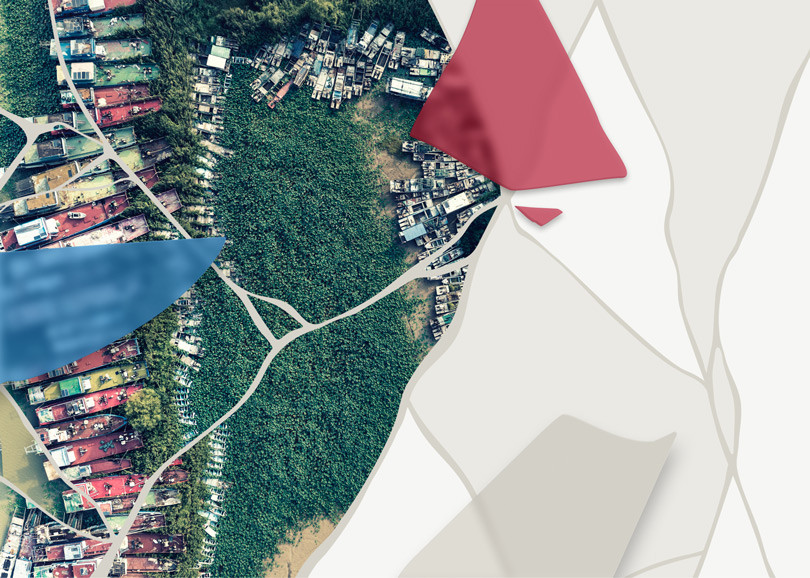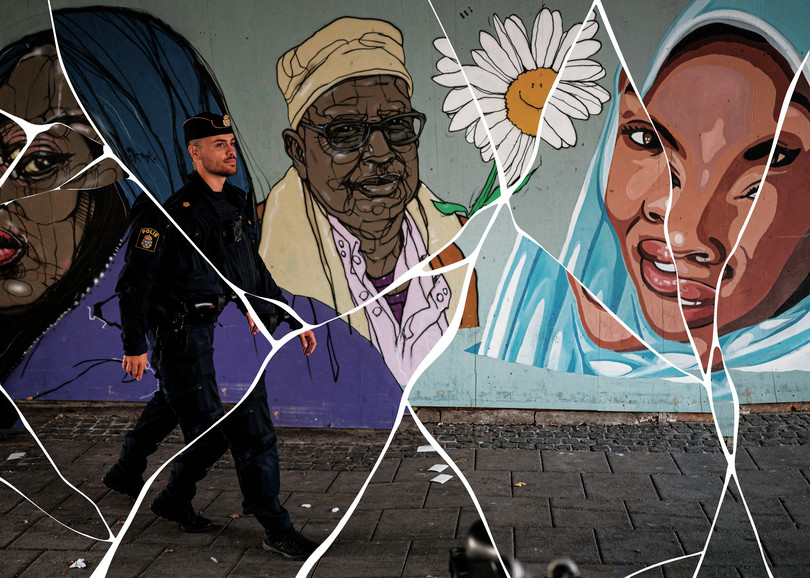
Conclusions
The results of the 2023 Index offer interesting insights into the evolution of illicit economies, the actors involved and the efficacy of resilience measures designed to counter the threat of organized crime.
Major global events unfolding over the last two years, combined with the lingering effects of a major pandemic, have given rise to a fractured, divided, conflictual world. In recent times, economic and social inequality, and political instability and conflict have become more accentuated than ever before, and this has had a momentous impact on global organized criminality.
It quickly became clear that COVID-19 did not deal a decisive blow to the global illicit economy. And as the pandemic dwindled, criminals reoccupied old territories while keeping a firm grip on new sources of revenue. Nations around the world were forced to reckon with the reality that organized crime had shown no signs of slowing down, but quite the opposite, had increased over the past two years. States appear to be unable to keep pace with the growing threat posed by organized crime, which has contributed to a widening gap between criminality and resilience. The percentage of the global population living in countries characterized by high levels of criminality has increased since 2021, while levels of resilience overall have remained the same.

Financial crimes, as reported through the Index methodology, have come out on top as the most widespread and predominant form of criminal activity in the world – ahead of the human-based markets and growth in the cocaine and synthetic drug trades. Our results find that financial crime is omnipresent, targeting victims across the social and economic spectrum, from large corporations to individuals. It is a form of organized crime that seriously undermines countries’ social and economic cohesion. Moreover, corruption, especially in the public sector, is still a facilitator of organized crime as criminal actors continue to permeate all spheres of the state apparatus. In line with the 2021 findings, state-embedded actors continue to be dominant vectors of organized crime. As these criminal interests attached to the state strengthen their grip, opportunities for their countries to engineer realistic, impactful and implementable resilience frameworks to withstand the organized crime threat are dramatically reduced.
While criminality undermines good governance and corruption inhibits effective responses, the promotion of oversight mechanisms, protection frameworks for victims of organized crime and collaboration with civil society organizations are key to building effective, sustainable resilience measures. However, as the Index has revealed, responses to organized crime have been heavily skewed towards institutional mechanisms in the last two years, while falling short in addressing the social and structural vulnerabilities that allow criminality to take root. Despite the presence of sound international frameworks, signalled by the notable increase in the ‘international cooperation’ indicator, engagement with civil society is worryingly lacking, as seen in the decline of the ‘non-state actors’ indicator. This illustrates a tendency of some regimes to crack down aggressively on dissent, opposition and media freedoms. Restrictions and censorship mute the voice of non-state actors, emasculating their potency as agents of oversight and free speech, and as advocates of democracy. The outcome is undermined resilience and increased vulnerability. The need for effective collaboration both between state institutions and with non-state counterparts is essential for good governance, and in order to adapt international obligations to local contexts while implementing meaningful resilience frameworks able to withstand the impact of organized crime.
Given these challenges, it is crucial for national authorities and international entities to turn their sights to building capacity by promoting a truly holistic approach to tackling organized crime. While certain global stressors are beyond the control of governments, and a fractured world cannot be easily remedied, they can at least shape how risk is accounted for and see that tangible threats are appropriately mitigated. All the necessary resilience mechanisms and preventative measures need to be in place in order to provide the best possible response to organized crime. Good governance, characterized by transparency, participation and accountability, sets the foundation on which to build resilience. But the participation of all stakeholders, both state and non-state, in the discussion around the evolving threats of organized crime is fundamental if we are to ultimately adjust the course and advance global efforts to fight organized crime and tackle the phenomenon to the fullest extent possible.

